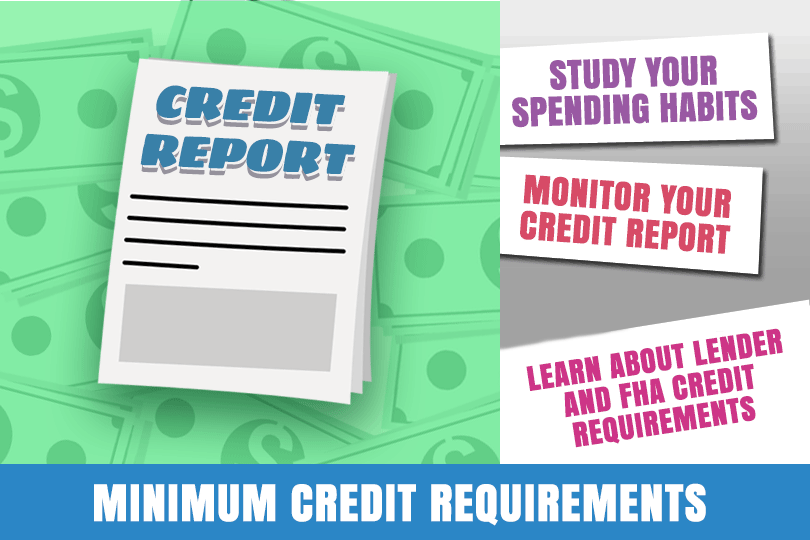Credit Agency Advice for Your Home Loan

When you research mortgage prep issues, you'll find the usual trove of advice about checking your credit scores, monitoring your credit reports, and being careful not to disrupt the mortgage process by applying for other lines of credit too close to when you submit your mortgage loan application.
Why does it pay to be as vigilant as a loan officer about checking those credit reports through the entire process until the loan closes? No matter what type of loan you seek, there's a great answer to this that it pays to keep in mind:
Your lender will not check your credit just one time before the loan closes. You may be subject to additional credit review at any time until your closing process is finished.
So it is good mortgage advice to be mindful of your credit. But don't take OUR advice for this--consider what one of the "big three" credit reporting agencies, TransUnion, has to say about preparing for your loan.
The TransUnion official site provides useful home loan preparation advice including this important reminder.
“Your credit score directly affects the interest rate on your mortgage. Basically, high credit scores lower your interest rates, while low scores cause them to rise.” That is fairly obvious to those who seek a new purchase loan or are interested in refinancing and have been doing their mortgage homework.
But not all borrowers are as credit-savvy going into the home loan process and learn a great deal along the way. One of the things you will learn when seeking a loan estimate or referrals for a good lender?
TransUnion advises borrowers to seriously consider a shorter loan term if their financial goals include saving as much money over the lifetime of the loan as possible. Even if you prefer a longer loan term, it's highly recommended to compare the numbers between a 15-year and a 30-year FHA mortgage.
According to TransUnion, “If you can afford higher monthly payments, then opting for a shorter loan—a 15-year instead of a 30-year loan—can help reduce your interest rate. Short-term loans cost banks less money. In appreciation, your bank might reward you with an interest rate as much as one percent lower than that of a long-term loan.”
You can help yourself in this process by talking to a variety of lenders to see who has the most competitive going rates. And don't forget that any allowed closing costs you finance into the loan amount will raise your monthly payments. If your goal is to save money over the full term of the loan, pay as much up front as you can reasonably afford.
No, not every home loan applicant is able to take on the higher monthly mortgage payments that a 15-year mortgage requires compared to a 30-year mortgage loan. But for those who can afford to do so and have the goal of saving more money over the full loan term, the shorter loan might be a very good bet.
Many first time home buyers are interested in saving money on closing costs and there is helpful information from TransUnion.
“Closing costs often run between two to three percent of your total loan. Other fees include the loan origination fee, the loan application fee, the title services fee and appraisal fee. Additionally, you might consider setting up an escrow account, which guarantees 12 months of property taxes and homeowner’s insurance.”
A borrower considering an FHA mortgage should know about the ability (with an FHA mortgage) for the seller and buyer to negotiate a seller contribution toward closing costs up to six percent of the asking price toward these costs. Other loan programs may also permit this--a first time home buyer should compare terms and rates to make the most fully informed purchase possible.
------------------------------
Learn About the Path to Homeownership
Take the guesswork out of buying and owning a home. Once you know where you want to go, we'll get you there in 9 steps.
Step 1: How Much Can You Afford?
Step 2: Know Your Homebuyer Rights
Step 3: Basic Mortgage Terminology
Step 4: Shopping for a Mortgage
Step 5: Shopping for Your Home
Step 6: Making an Offer to the Seller
Step 7: Getting a Home Inspection
Step 8: Homeowner's Insurance
Step 9: What to Expect at Closing

Do you know what's on your credit report?
Learn what your score means.







